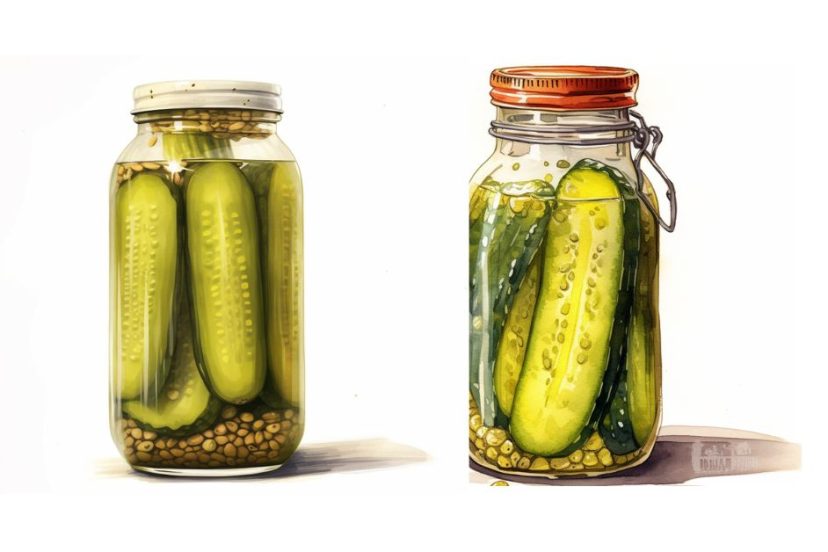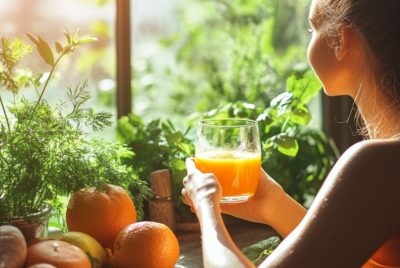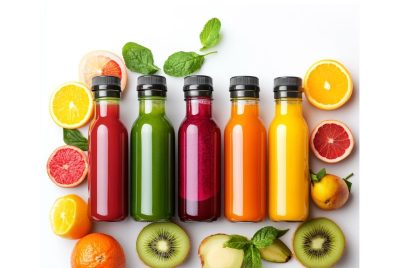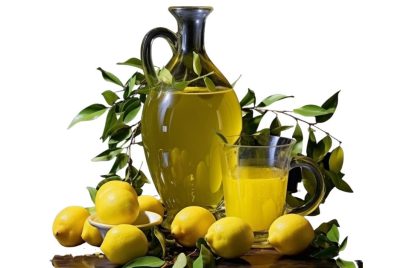Does Pickle Juice Help Cramps?
Understanding Cramps
So does Pickle Juice Help Cramps? Cramps can hit you unexpectedly, turning a good day sour in moments. You’ve probably experienced one at some point, perhaps during a workout or in the middle of the night. They’re involuntary, often painful muscle contractions, and they can be downright debilitating.
The Unlikely Remedy: Pickle Juice
What is Pickle Juice?
Pickle juice, you ask? Yes, that very brine that your pickles swim in can potentially help alleviate cramps. Pickle juice is simply the liquid in which cucumbers are preserved, typically containing water, vinegar, salt, and sometimes spices or other flavorings.
Why Pickle Juice?
You might be wondering why on earth pickle juice might help cramps. After all, it’s just a side product of a common snack, right? This is where it gets interesting.
The Science Behind Pickle Juice and Cramps
Electrolyte Balance
Pickle juice is chock-full of salt, which is a crucial electrolyte our bodies need. It assists in maintaining fluid balance, nerve function, and muscle contractions. When we’re low on electrolytes, such as after intense exercise, we can experience cramps.
Hydration
Proper hydration is key to prevent muscle cramps. Because pickle juice contains plenty of water and salt, it can aid in rehydration and restoring electrolyte balance.
Vinegar: The Secret Ingredient?
Many theories suggest that the vinegar content in pickle juice might have something to do with alleviating cramps. Some researchers believe that vinegar could potentially interrupt the neurological signal that triggers cramping.
Anecdotal Evidence and Studies
There are numerous anecdotes from athletes swearing by pickle juice’s cramp-relieving properties. While scientific research is limited, some studies suggest a possible connection.
How to Use Pickle Juice for Cramps
Best Time to Consume
If you’re prone to exercise-induced cramps, consider having a small amount of pickle juice before your workout. However, drinking it during a cramp attack may also help.
Quantity to Consume
Generally, a few ounces should do the trick. It’s potent stuff, so you don’t need a lot.
Cautions and Considerations
Possible Side Effects
Some people may experience bloating or stomach discomfort due to the high sodium content. It’s important to monitor your body’s reaction.
Who Should Avoid Pickle Juice?
Individuals with hypertension or those on a sodium-restricted diet should exercise caution, as the high sodium content can exacerbate these conditions.
Conclusion: Pickle Juice, a Cramp Solution?
While the scientific evidence is limited, there’s certainly enough anecdotal evidence and some initial research to suggest that pickle juice could help with cramps. However, as with any home remedy, it’s crucial to listen to your body and consult a health professional if needed.
FAQs
- Can anyone drink pickle juice to alleviate cramps? While it seems to help many people, those with hypertension or on sodium-restricted diets should be cautious due to its high sodium content.
- How much pickle juice should I drink? Generally, a few ounces should suffice. It’s a potent remedy, and a little goes a long way.
- Can I drink pickle juice daily? It’s possible, but monitor your body’s reactions. Some individuals might experience bloating or stomach discomfort.
- When should I drink pickle juice for cramps? You can drink it either preemptively before a workout or during a cramp.
- Are there other benefits to drinking pickle juice? Beyond cramps, pickle juice can also aid in hydration and contains antioxidants.
Other remedies for cramps
While pickle juice shows promise as a natural remedy for cramps, it’s worth considering other approaches as well. Here are a few additional remedies that can complement or be used as alternatives:
Stretching and warm-up exercises
Performing stretching exercises and warming up before physical activities can help prevent muscle cramps. It improves muscle flexibility and prepares the body for exertion, reducing the likelihood of cramps.
Hydration and balanced diet
Staying hydrated is crucial in maintaining electrolyte balance, which can prevent cramps. Ensure you consume an adequate amount of water throughout the day. A balanced diet rich in fruits, vegetables, and whole grains can also provide the necessary nutrients to support muscle function.
Electrolyte supplements
In cases where cramps are persistent or occur frequently, electrolyte supplements can be considered. These supplements come in various forms and can help replenish electrolytes in the body.
Here are some other resources
- Miller, K. C., Mack, G., Knight, K. L. (2010). Electrolyte and Plasma Responses After Pickle Juice, Mustard, and Deionized Water Ingestion in Dehydrated Humans. Journal of Athletic Training, 45(3), 235-245. Link here
This study investigates the effect of pickle juice, mustard, and deionized water on electrolyte and plasma responses in dehydrated humans. - Stofan, J.R., Zachwieja, J.J., Horswill, C.A., Murray, R., Anderson, S.A., Eichner, E.R. (2005). Sweat and Sodium Losses in NCAA Football Players: A Precursor to Heat Cramps? International Journal of Sport Nutrition and Exercise Metabolism, 15(6), 641-652. Link here
This commentary discusses the link between sodium losses in sweat and the onset of heat cramps during physical activity. Although not directly mentioning pickle juice, it provides scientific context for why the electrolyte-rich solution might help alleviate cramps.




